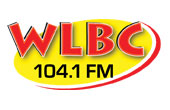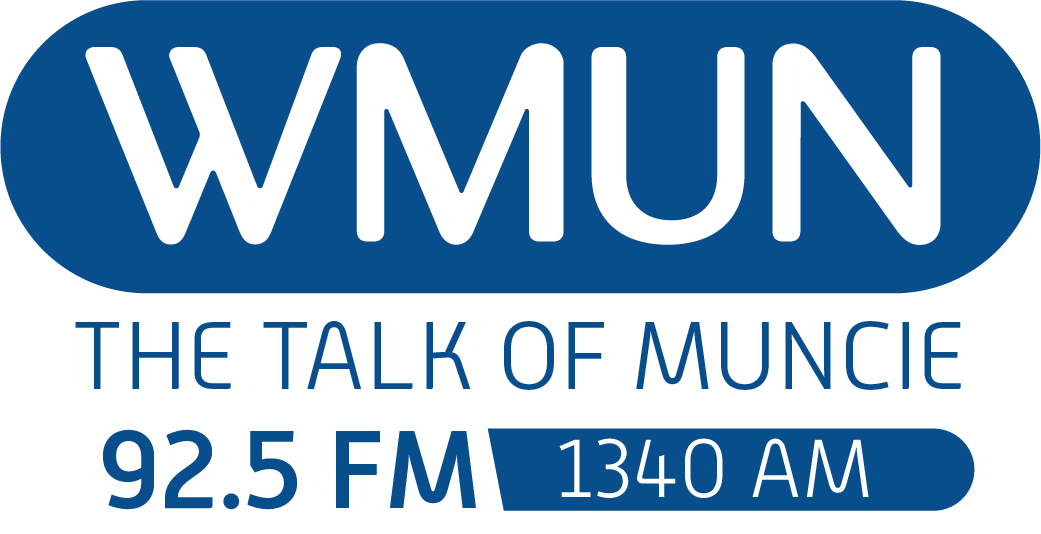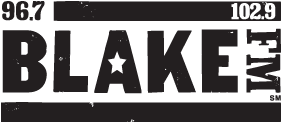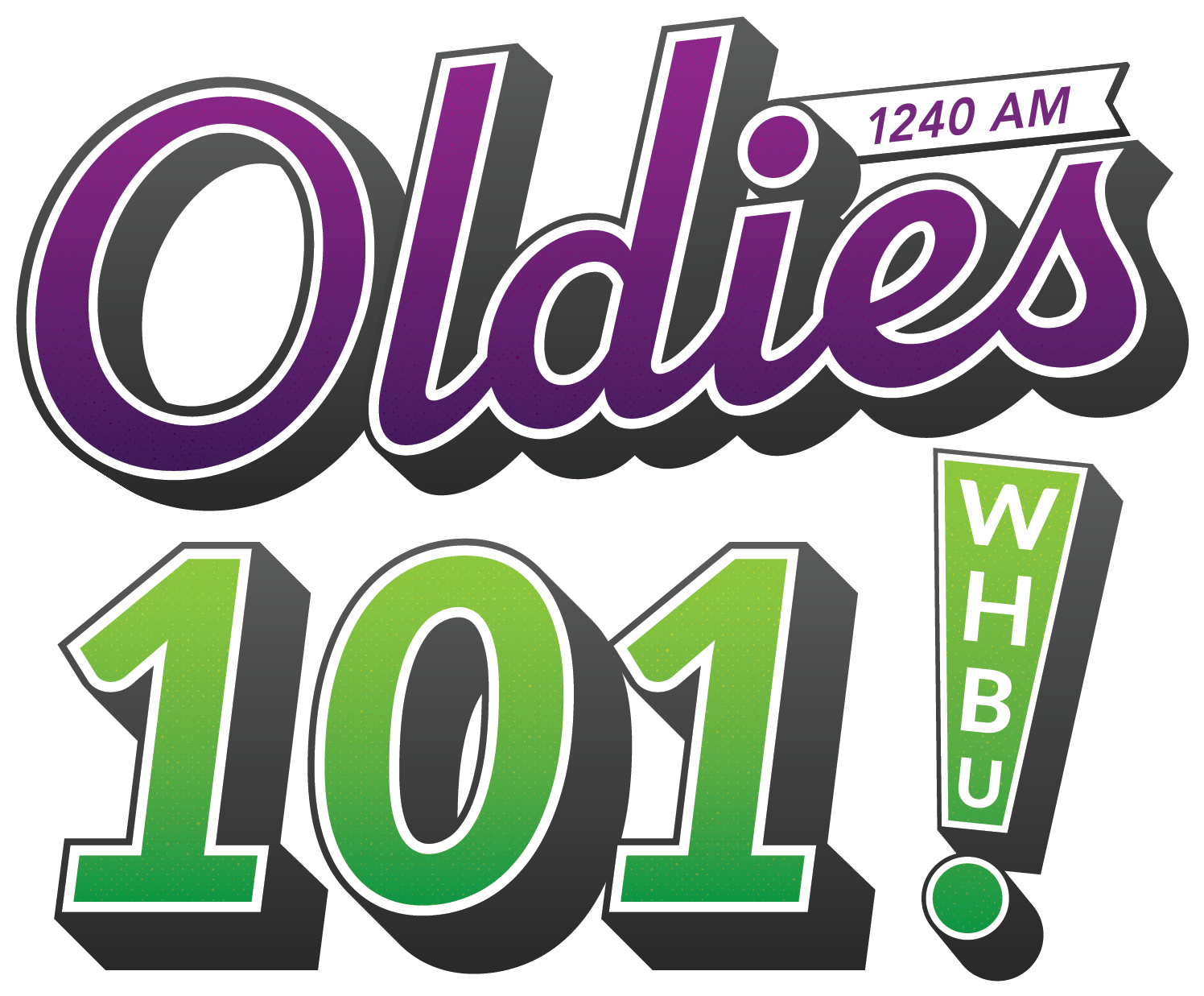By: Susan Brooks
I am pleased to announce President Trump signed the third coronavirus stimulus package (the CARES Act) into law last Friday. The American people need help now, and this legislation will deliver that crucial help to families and businesses across America, which is why I flew to DC to vote in favor of this legislation. The coronavirus is the worst pandemic in a century. This landmark legislation is the single largest relief package ever passed by Congress in our nation’s history.
Guidance is coming out from the various agencies on a regular and almost daily basis. Please go to my website and click on the various agency pages, which have been providing thorough explanations of the programs.
I am pleased some of my requests were added into this legislation, including language which dramatically improves the ability of the U.S. Department of Health and Human Services (HHS) and the U.S. Food and Drug Administration (FDA) to monitor and protect our nation’s medical device and pharmaceutical supply chains. As a member of the Energy and Commerce Committee, we have been focused on the weaknesses of these supply chains for some time, and I am proud to have fought for these provisions that will better protect Americans in the future.
The CARES Act also includes another one of my provisions that is especially important for Hoosiers, providing significant expansions to telehealth services throughout the country and particularly for rural areas. These changes temporarily eliminate the need for a pre-existing provider relationship and will allow patients to receive their care from home without exposing themselves to further illness.
The CARES Act will not only provide stability to our economy, but it will also supply much needed funding to help businesses retain employees and provide direct economic and healthcare assistance to Americans who need it most. Lives are on the line and every minute counts.
SMALL BUSINESSES
Who is eligible for small business loans outlined in the CARES Act?
- Any business with less than 500 employees is eligible for the loan. All states and territories are eligible. Self-employed individuals, independent contractors, and sole proprietors are also eligible.
- Priority will be given to businesses in under-served and rural markets, including veterans and members of the military community, women, socially and economically disadvantaged individuals, and businesses that are less than two years old.
The Paycheck Protection Program (PPP) is specifically designed to help small businesses keep their workforce employed.
The new loan program will be available retroactive from Feb. 15, 2020, so employers can rehire their recently laid-off employees through June 30, 2020.
All loans under this program will have the following identical features:
- Interest rate of 0.5%
- Maturity of 2 years
- First payment deferred for six months
- 100% guarantee by SBA
- No collateral
- No personal guarantees
- No borrower or lender fees payable to SBA
The loan will be fully forgiven if the funds are used for payroll costs, interest on mortgages, rent, and utilities (due to likely high subscription, at least 75% of the forgiven amount must have been used for payroll). Loan payments will also be deferred for six months. No collateral or personal guarantees are required. Neither the government nor lenders will charge small businesses any fees.
Forgiveness is based on the employer maintaining or quickly rehiring employees and maintaining salary levels. Forgiveness will be reduced if full-time headcount declines, or if salaries and wages decrease.
This loan has a maturity of 2 years and an interest rate of .5%.
Economic Injury Disaster Loan
In addition to the Paycheck Protection Program, small businesses can also apply to the U.S. Small Business Administration for low interest federal disaster loans for working capital to small businesses suffering substantial economic injury as a result of the COVID-19.
- Any such Economic Injury Disaster Loan assistance declaration issued by the SBA makes loans available statewide to small businesses and private, non-profit organizations to help alleviate economic injury caused by the COVID-19.
- The loan offers up to $2 million in assistance and can provide vital economic support to small businesses to help overcome the temporary loss of revenue they are experiencing.
- These loans may be used to pay fixed debts, payroll, accounts payable and other bills that can’t be paid because of the disaster’s impact. The interest rate is 3.75% for small businesses. The interest rate for non-profits is 2.75%.
For questions, please contact the SBA disaster assistance customer service center at 1-800-659-2955 or email Indiana@sba.gov.
INDIVIDUAL ASSISTANCE
Filing for unemployment
In an attempt to contain the coronavirus outbreak, thousands of stores and businesses across the U.S. are closing their doors to customers. Self-employed individuals can also file for unemployment. *
The federal government is allowing states to change their laws to provide unemployment insurance benefits related to the coronavirus.
Visit Unemployment.IN.gov for instructions, frequently asked questions, and tutorials on filing for unemployment.
The Indiana Department of Workforce Development is hosting a Facebook Live Event with agency leaders to discuss the latest available details on the CARES Act and how it affects unemployment insurance benefits. The live event will be held at 10:30 a.m. Eastern on April 8 and will be recorded and made available to the public on DWD’s Facebook page.
To join live and to access the recording after the event, go to DWD’s Facebook page: https://www.facebook.com/IndianaDWD/
Individual Checks
Who is eligible for the economic impact payment?
- Tax filers with adjusted gross income up to $75,000 for individuals and up to $150,000 for married couples filing joint returns will receive the full payment. For filers with income above those amounts, the payment amount is reduced by $5 for each $100 above the $75,000/$150,000 thresholds. Single filers with income exceeding $99,000 and $198,000 for joint filers with no children are not eligible.
- Eligible taxpayers who filed tax returns for either 2019 or 2018 will automatically receive an economic impact payment of up to $1,200 for individuals or $2,400 for married couples. Parents also receive $500 for each qualifying child.
How will the IRS know where to send my payment?
- The vast majority of people do not need to take any action. The IRS will calculate and automatically send the economic impact payment to those eligible.
- For people who have already filed their 2019 tax returns, the IRS will use this information to calculate the payment amount. For those who have not yet filed their return for 2019, the IRS will use information from their 2018 tax filing to calculate the payment. The economic impact payment will be deposited directly into the same banking account reflected on the return filed.
The IRS does not have my direct deposit information. What can I do?
- In the coming weeks, Treasury plans to develop a web-based portal for individuals to provide their banking information to the IRS online, so that individuals can receive payments immediately as opposed to checks in the mail.
I am not typically required to file a tax return. Can I still receive my payment?
- Social Security beneficiaries who are not typically required to file tax returns will not need to file an abbreviated tax return to receive an Economic Impact Payment. Instead, payments will be automatically deposited into bank accounts.
How can I file the tax return needed to receive my economic impact payment?
- IRS.gov/coronavirus will soon provide information instructing people in these groups on how to file a 2019 tax return with simple, but necessary, information including their filing status, number of dependents and direct deposit bank account information.
I have not filed my tax return for 2018 or 2019. Can I still receive an economic impact payment?
- Yes. The IRS urges anyone with a tax filing obligation who has not yet filed a tax return for 2018 or 2019 to file as soon as they can to receive an economic impact payment. Taxpayers should include direct deposit banking information on the return.
There will be NO penalties for withdrawing from your 401(k).
Americans struggling with the fallout of coronavirus will soon be able to tap into their retirement savings to cover bills, loan payments, and everyday expenses. In the past, if you need to access those funds before age 59½, you generally have to pay a 10% penalty on any amount you take. Now for a limited time, Americans will be able to withdraw money from tax-deferred accounts without penalties under the CARES Act. Rules on 401(k) loans will be relaxed, and some retirees can avoid so-called required minimum distribution, or RMD, rules that might have been onerous.
Federal Student Loans
The CARES Act includes several provisions that apply to certain loans owed by some federal student loan borrowers. Most provisions apply only to Direct Loans and Federal Family Education Loans (FFEL loans). The legislation suspends all payments due on certain federal loans until September 30, 2020.
It provides direct financial relief to many student loan borrowers by pausing their monthly repayment requirements for six months and requiring the Secretary of Education to suspend all interest accumulation and monthly payments on federally held student loans.
Employer student loan repayment assistance paid after the CARES Act enactment and before Jan. 1, 2021, would be excluded from employees’ income tax. The repaid loan amounts would count toward a $5,250 limit on other forms of employer-provided education assistance, such as tuition and other related expenses, that can be excluded from income.
Students that have had to drop out of school as a result of COVID-19 won’t have that time away from school deducted from their lifetime limits on subsidized loan and Pell Grant eligibility.
PROTECTIVE PERSONAL EQUIPMENT
Watch Google’s “Thank You Healthcare Workers” video by clicking here.
There has been a national concern of the lack of available test kits, personal protective equipment (PPE), and ventilators. As of right now, there simply isn’t enough PPE in the global supply chain to meet the need.
Congress, FEMA, HHS and the Administration are doing everything in our power to rectify that, including:
- Use of the Defense Production Act when appropriate
- Working directly with companies to produce voluntarily
- Helping overseas companies re-shore production
- FEMA is running a national airlift to purchase supplies from manufacturers in Asia, Mexico, and Europe. The airlift cuts transit time from weeks to days.
Under the current system, of the total PPE entering the supply chain either domestically or from overseas:
- 20% is being purchased by the Federal Government to replenish the strategic national stockpile (SNS), which has been almost completely depleted.
- 80% is being directed to existing medical supply chains and private companies for purchase on the private market.
- Half of this 80% is being directed to hotspots.
- Half of this 80% is being directed to the rest of the country.
To date, Indiana has received three shipments from the SNS. One shipment two weeks ago, one early last week, and one late last week. We must keep our healthcare providers and others who are on the front lines of the coronavirus outbreak safe while they selflessly care for our community 24/7, while caring for their families and themselves.
HELPING HOOSIERS
Give blood
Blood drives continue to be canceled at an alarming rate. Nearly 10,000 so far and the Red Cross has an ongoing critical need for blood and platelet donations amidst coronavirus uncertainties. This is a time to take care of one another.
If you are healthy and feeling well, please make an appointment now to donate in the days and weeks ahead by using the Red Cross Blood Donor App, visiting RedCrossBlood.org, or calling 1-800-733-2767.
Volunteer
If you are looking for COVID-19 volunteer opportunities, visit the United Ways in Indiana’s website to find county specific volunteer opportunities.
This is an incredibly sensitive time. Government at all levels have been hard at work to implement solutions for businesses, hospitals, and individual Americans. Throughout our nation’s history, we’ve been confronted with tumultuous events that called on Americans to work together to make it through times of crisis. That’s what we’re being called on to do now, and I am confident that our country will overcome this present situation.
The best thing we can do for each other, for this generation, and for our economy, is to get a handle on the virus by slowing the spread. This means all nonessential Hoosiers should continue practicing social distancing.
Thank you for taking the time to read this update. We will do our best to contact you with helpful resources and updated information. As always, feel free to be in touch with any questions or comments you may have.
P.S. You can also follow me on Facebook, Twitter and Instagram for timely updates on my work. Please continue to monitor my website for the latest COVID19 resources and up to date information.









